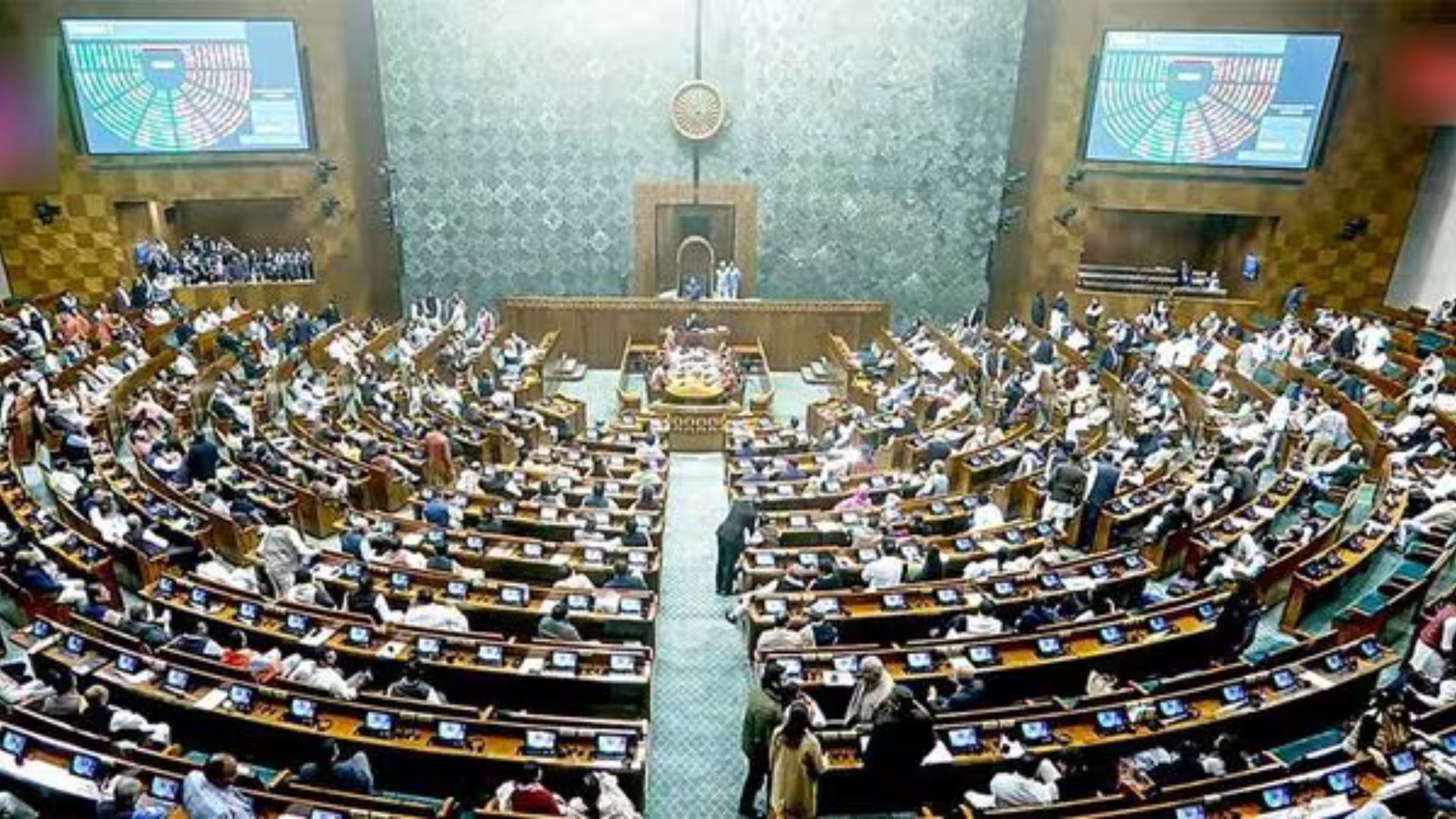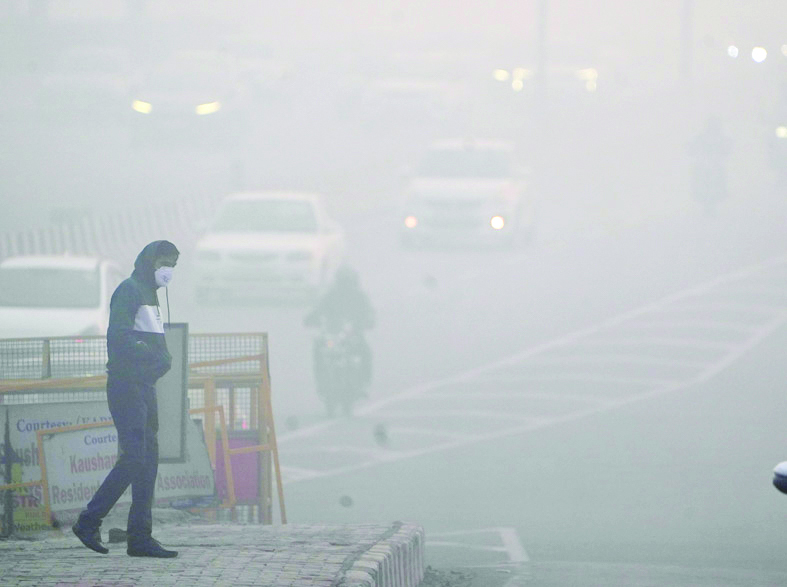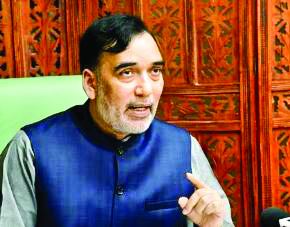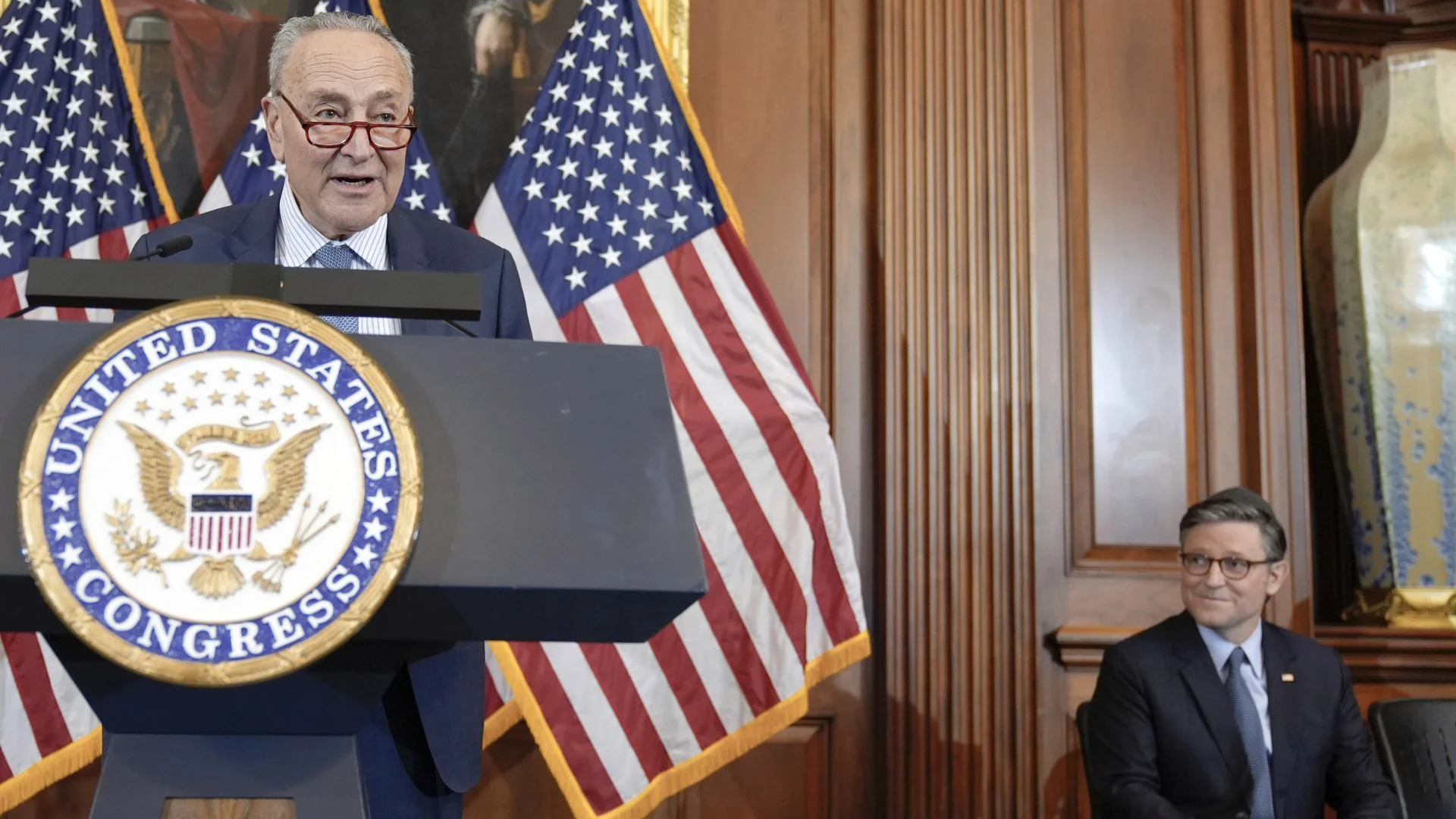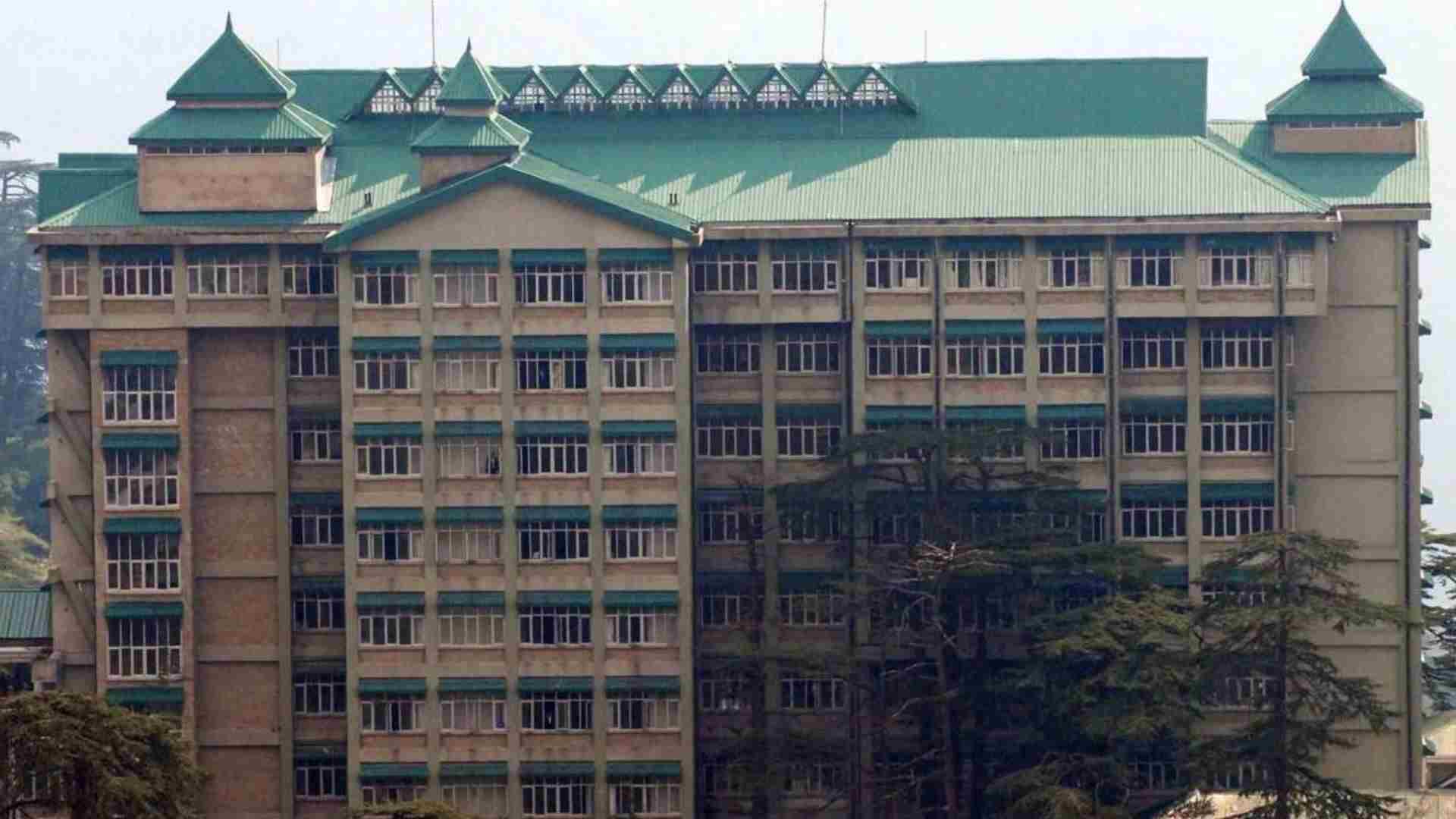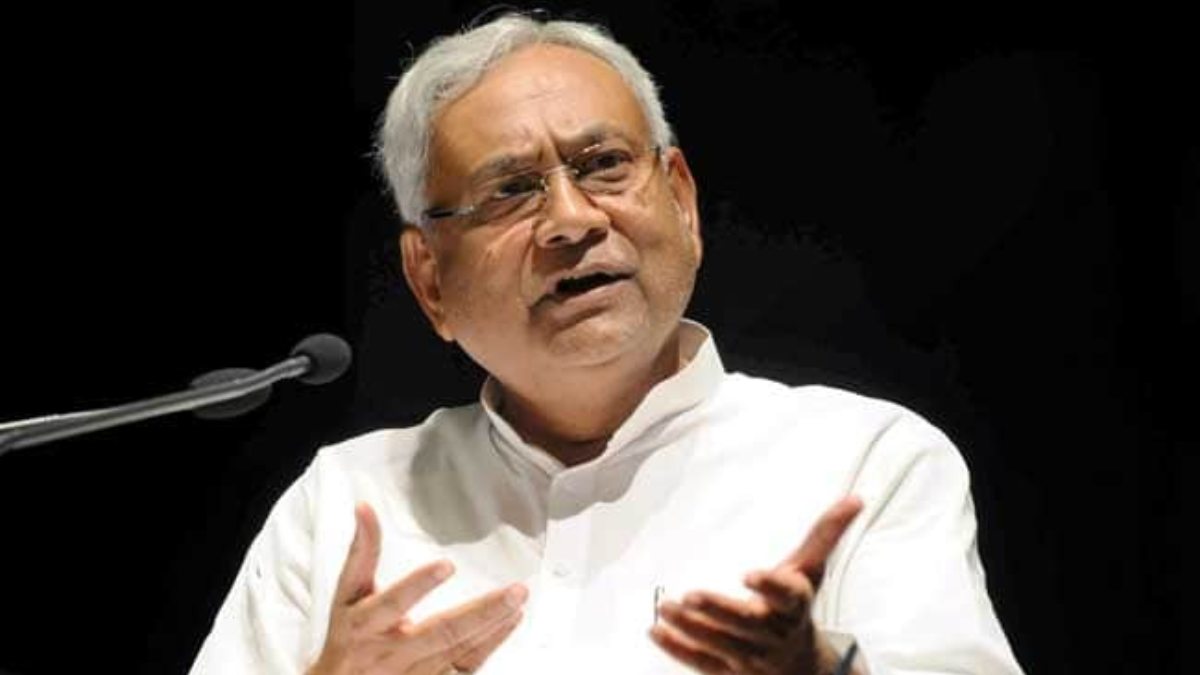
The Nitish Kumar led JDU-BJP government in Bihar is going to bring an amendment to dilute its prohibition law under which the “offence” of consuming of liquor will now be decided by a bureaucrat of the rank of Executive Magistrate by way of summary trial. The amendment will also free the Patna High court to take up other cases as for the last five years, it has been inundated with cases relating to people being arrested for being found drunk.
The said amendment to Section 37 of the Bihar Prohibition and Excise Act, 2016, that will be issued through an ordinance, also states that the punishment for consuming alcohol or being found under the influence of intoxicant, will be a monetary penalty as may be notified by the state government. The failure to pay the penalty will invite a simple imprisonment of one month. The said amendment will apply to all the pending cases under the said law, which has been called draconian and regressive by multiple observers.
Under the present law that will be affected by this amendment, the fine is not less than Rs 50,000 or a prison sentence of three months. Repetition of the said “offence” invites a punishment of prison sentence of one year, which may extend to five years and with fine, may extend to Rs 1 lakh.
The Nitish Kumar government was forced to amend and dilute the said law after the Supreme Court on 11 January, while hearing a plea filed by the Bihar state government challenging bail granted to people accused under the said law by the Patna High court, made an oral remark that the Bihar Prohibition and Excise Act, 2016 has created an impact on functioning of the Patna High Court and delayed the listing of matters since the courts are busy hearing bail matters of those accused under the Act.
The Bench comprising CJI N.V. Ramana, Justice A.S. Bopanna and Justice Hima Kohli had elaborated on the impact that the said Act was having on the hearing of other cases in the state.
While addressing the Counsel appearing for the State of Bihar, CJI Ramana said, “You know how much impact has this law created in the working of the High Court in Bihar? It is taking one year in listing matters. All courts are busy with bail matters. I am told 14-15 judges are hearing these bail matters daily from morning to evening and no other matters are being taken up.”
The state counsel had argued that the Patna High Court was granting bail to the accused mechanically, without recording any reason and therefore such bail deserves to be set aside and bail be cancelled. To this the CJI responded, “According to you we shouldn’t grant bail? Because you’ve made a law, an excise law that stipulates 10 years punishment and life imprisonment for liquor confiscation?”
The CJI went on to question the state counsel. “What’s the punishment in Sec 302 IPC?”
To which the counsel replied, “Death and life imprisonment.”
“Bails are granted or not?” the CJI asked while declining to interfere in the bail order given by the Patna High court.
As per the Patna High Court data of September 2021, one fifth of the all bail cases being heard by it were related to this Act. The data further shows that the share of pending excise cases in subordinate cases were 25% of the total bail cases. The total number of civil cases pending in Bihar’s subordinate courts last year stood at 3.337 million, including over 2.878 million criminal cases. Between January 2018 and May 2021, 57,159 excise cases were filed in Patna HC, including 32,909 cases for regular bail, 23,495 for anticipatory bail and 314 for quashing, besides others.
